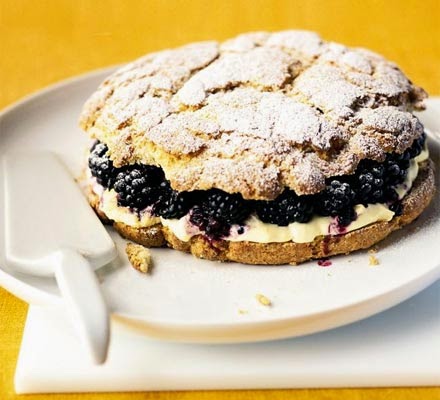The last day...
Things about workload, stress & patient safety...
 The Institute for Healthcare Improvement recently dedicated a podcast to this subject.
The Institute for Healthcare Improvement recently dedicated a podcast to this subject."The relationship between workload and stress, and the risk this poses for practitioners and patients alike, need more attention. On this episode of WIHI, IHI's longtime safety expert Frank Federico, RPh, and James Won, PhD, talk about the field of human factors in health care, and the role that human factors can play in addressing today's work-related stress."You will need to create a free account to login to access the content.
Things about patient complaints...
A blog from Sir Robert Francis QC explains how hospitals can cultivate public trust in complaints. This new report – Shifting the mindset (2020) – investigates how hospitals report on complaints and whether current efforts are sufficient to build public trust.
"Complaints should be seen by hospitals as an opportunity to learn. The public expects the NHS to learn from mistakes, and to be kept informed about how these changes are made. Four in five people have told us that seeing where other people’s complaints have made a difference would encourage them to speak up. Yet fewer than half of NHS hospitals in England (38%) are reporting on any action taken in response to complaints raised by patients and loved ones. Complaints are a valuable tool which help hospitals spot and tackle issues quickly. They should not be seen by hospitals as something to ‘be managed’, but as an opportunity to learn and improve. To have a complaints system that works, the NHS must give patients the confidence to speak up by showing them how their views are heard and acted upon."Things about technology in the classroom...
Trials of pioneering technology to help disabled pupils in the classroom will take place across the country in the first programme of its kind in the world. Speaking at a education technology show on 22 January, Universities, Science, Research and Innovation Minister Chris Skidmore announced plans to fund trials of ground-breaking assistive technology for pupils with special educational needs and disabilities in up to 100 schools and colleges.
Innovations are expected to include ‘text-to-speech’ and ‘speech recognition’ software, which can help pupils with dyslexia improve their reading and proof-reading. Other trials include the use of eye-gaze technology, which can help pupils with severe motor impairments to communicate, helping to level the playing field for children with additional needs.

Things about the King's Fund...
The King's Fund have chosen three areas of focus for the next five years, where they feel they have the greatest opportunity to use their skills and resources to improve health and care.
Things about health inequality...
The Health Foundation and the Nuffield Trust have published their latest QualityWatch on health inequalities.There are different types of inequalities in health care that might arise from the region of the country you live in, your ethnicity, gender, or socio-economic status. This data story takes a closer look at the association between deprivation in the area that a patient lives and quality of care.(It is also a really clear way of visualising data.)
Things about brain development...
 From the NSPCC an easy to understand set of web pages on How childhood trauma affects child brain development backed up with a list of references. Using accurate references to show people where your information has come from is something that sometimes daunts those who are returning to education after a period of time. Don't forget that via our Book a Librarian service you can arrange one to one help with using Mendeley (reference managing software) or for a general chat abut how to use quotations and references.
From the NSPCC an easy to understand set of web pages on How childhood trauma affects child brain development backed up with a list of references. Using accurate references to show people where your information has come from is something that sometimes daunts those who are returning to education after a period of time. Don't forget that via our Book a Librarian service you can arrange one to one help with using Mendeley (reference managing software) or for a general chat abut how to use quotations and references.Things the Royal Foundation want to know...
 Through their 5 Big Questions, they want to bring together the thoughts of individuals, organisations and businesses so that together we can build the healthiest generation in history by giving every child the best start in life.They want to hear from all adults living across the UK, if you are 16 or above and live in England, Wales, Scotland or Northern Ireland, whether you have children or not – there are no right or wrong answers, they want to hear what you think.
Through their 5 Big Questions, they want to bring together the thoughts of individuals, organisations and businesses so that together we can build the healthiest generation in history by giving every child the best start in life.They want to hear from all adults living across the UK, if you are 16 or above and live in England, Wales, Scotland or Northern Ireland, whether you have children or not – there are no right or wrong answers, they want to hear what you think.Things to eat...
 During my time living, working and giving birth(!) in the Netherlands we were close to Den Bosch ('s-Hertogenbosch) so it was a great outing when we had guests to go to a cafe there for Bossche Bollen...think of them as a round eclairs but much bigger...our 2 year old could make a lot of mess with one!
During my time living, working and giving birth(!) in the Netherlands we were close to Den Bosch ('s-Hertogenbosch) so it was a great outing when we had guests to go to a cafe there for Bossche Bollen...think of them as a round eclairs but much bigger...our 2 year old could make a lot of mess with one!
















.jpg)

